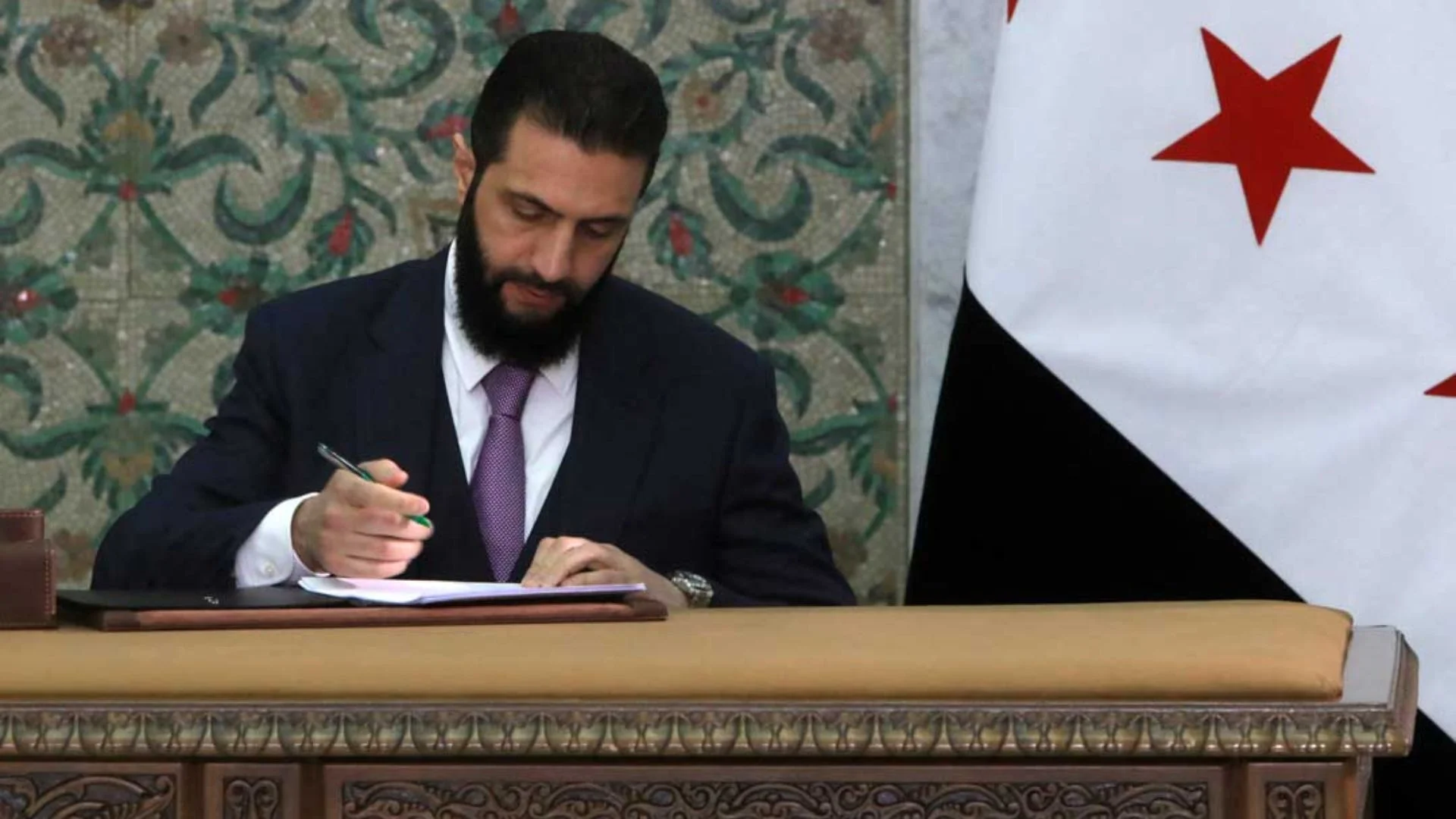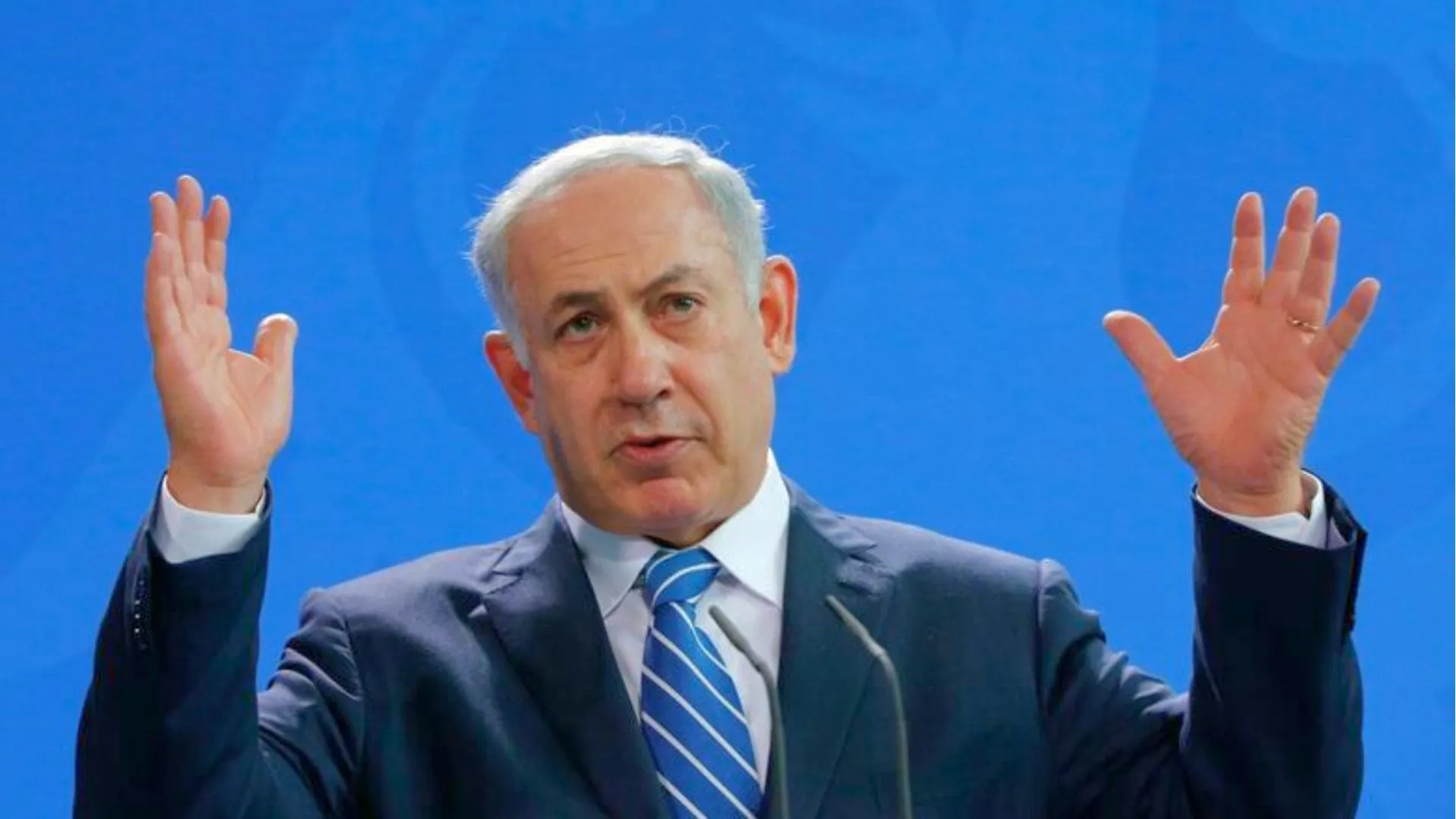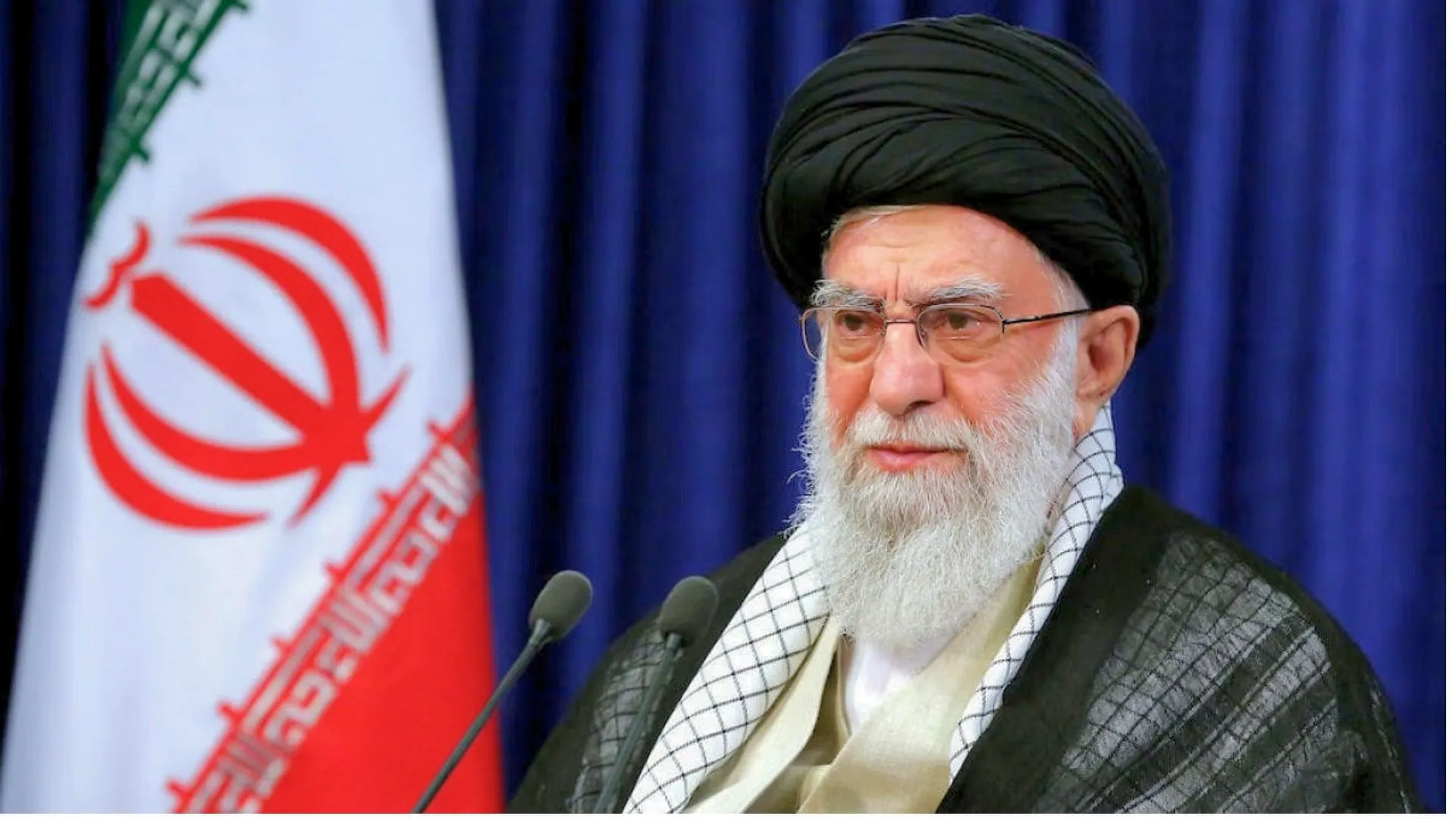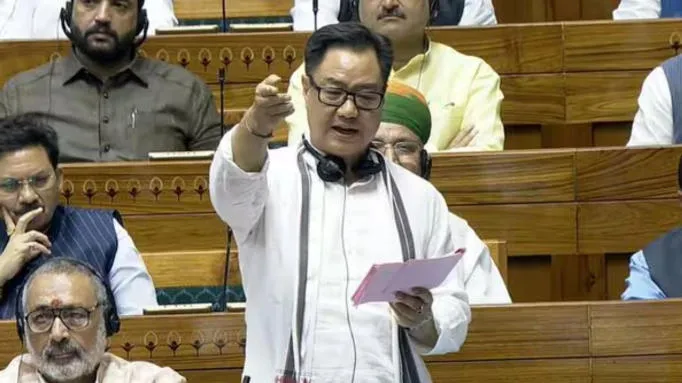Syrian President Ahmed al-Sharaa has revealed a transitional government, a significant milestone in Syria’s political transition after the demise of decades of Assad family rule. The Saturday announcement is regarded as an important step towards stabilizing the war-ravaged country and improving its diplomatic relations with the West.
The government, led by Islamist elements, was established under increased pressure from Western and Arab countries to increase inclusiveness among Syria’s wide array of ethnic and religious populations. Pressure grew stronger for reforms following recent killings along the country’s western coastal area, during which hundreds of Alawite civilians, whose sect includes Bashar al-Assad’s former ruling status, were targeted.
Among the most important appointments, Mohammed Yosr Bernieh has been appointed finance minister, and Hind Kabawat, a Christian, as social affairs and labor minister. Murhaf Abu Qasra and Asaad al-Shibani have remained defense and foreign ministers, respectively. Both were part of the caretaker government that has ruled Syria since Assad was overthrown in December after a swift rebel campaign.
Sharaa, installed as interim president in January, had already vowed to create a broad-based government to rebuild Syria’s destroyed institutions. He said that national elections may take as long as five years to organize. Unlike the pre-transformation regime, the transitional government will lack a prime minister, with Sharaa himself set to deal with executive matters.
Last week, Syria published a constitutional declaration to direct the transition period. The declaration preserves the predominance of Islamic law while also ensuring women’s rights and freedom of expression, which indicates a balance between old-fashioned rule and new reforms.
The transitional government will have an important role to shape Syria’s future and lead it to long-term stability.























